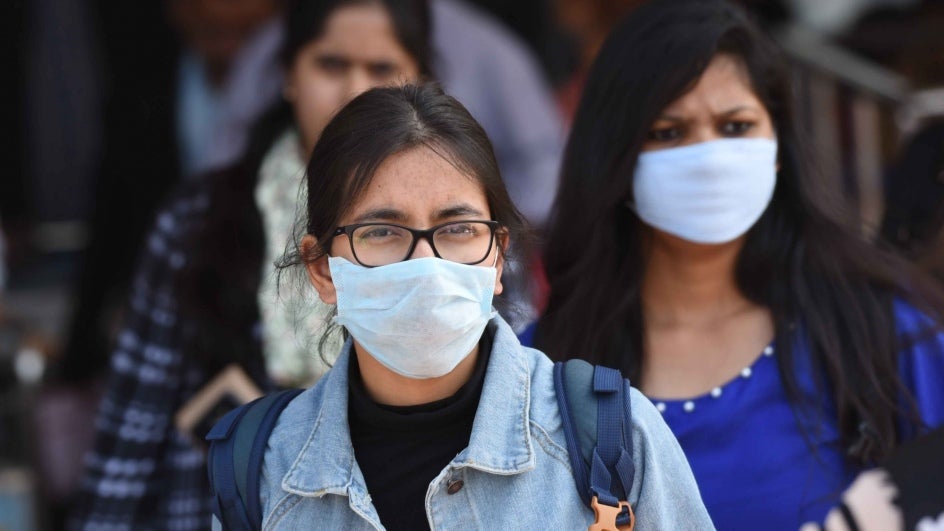In countries where differences of opinion are seldom aired in public, and where any marked divergence of views between
If the New York Times, the Guardian or the Washington Post were to be believed, India was a haven of free speech until Narendra Modi became Prime Minister on 26 May 2014. In reality, whether it be Bengal or Maharashtra, those in authority have gleefully reached for the bludgeon of law and the police to silence those who raise inconvenient issues. The Information Technology laws have acquired so broad a scope that any manner of speech may be said to fall within its ambit. Sending to jail those responsible for posts deemed to be criminal when they were simply inconvenient has become commonplace, and no party is immune from such temptations. Freedom of speech is embraced by politicians when they are out of power, and discarded almost the minute they assume high office. This is unfortunate, as free speech needs to be protected. It is expected that both the government and the courts will understand the importance of freedom of speech and curb the tendency of public servants to use the processes of law to punish those who exchange abuse for flattery. Abuse is to be avoided, but those guilty of it get exposed when they utter phrases that have an unpleasant flavour. Each instance of playing with facts needs to be called out, and social media provides an immediate and convenient platform for doing so. To use the police or the force of law on such people adds rather than subtracts to their allure, for it gives them the sheen of martyrs. When Home Minister P. Chidambaram sent Anna Hazare to jail (most probably on the instructions of his boss, Sonia Gandhi), that single action made Anna Hazare a national hero, although in months he was overtaken in the public imagination by Narendra Modi. By his image of integrity and efficiency, the Gujarat Chief Minister was able to give the BJP a Lok Sabha majority for the first time since 1984. Abuse was rained upon CM Modi ever since he took office, but that did not make any difference in the esteem with which people regarded him. What counts is performance, and so long as there is performance, abuse and falsehoods will not touch the image of a politician. Freedom of speech may be inconvenient to some or to many, but so long as there is no incitement to violence or a call for secession, such outpourings in a democracy need to be tolerated. The more free the media, the more open public expression, the faster will problems be discovered and resolved, and the quicker will the country grow. India must learn from the example of China, where a gagged press and society let loose the monster of the pandemic on the world.

